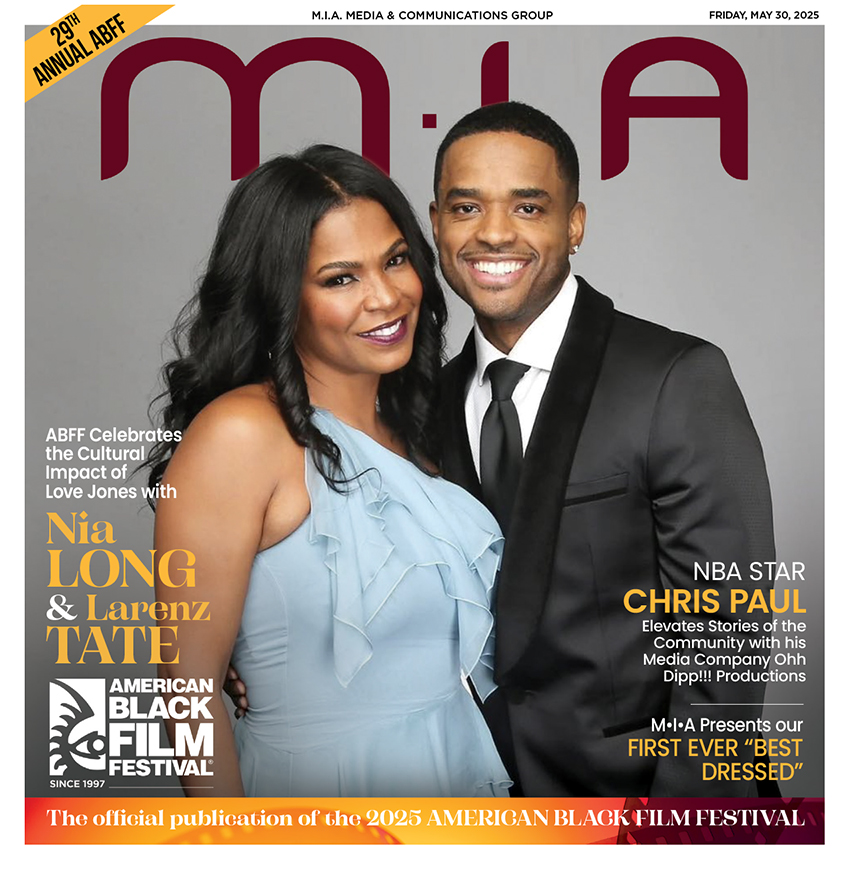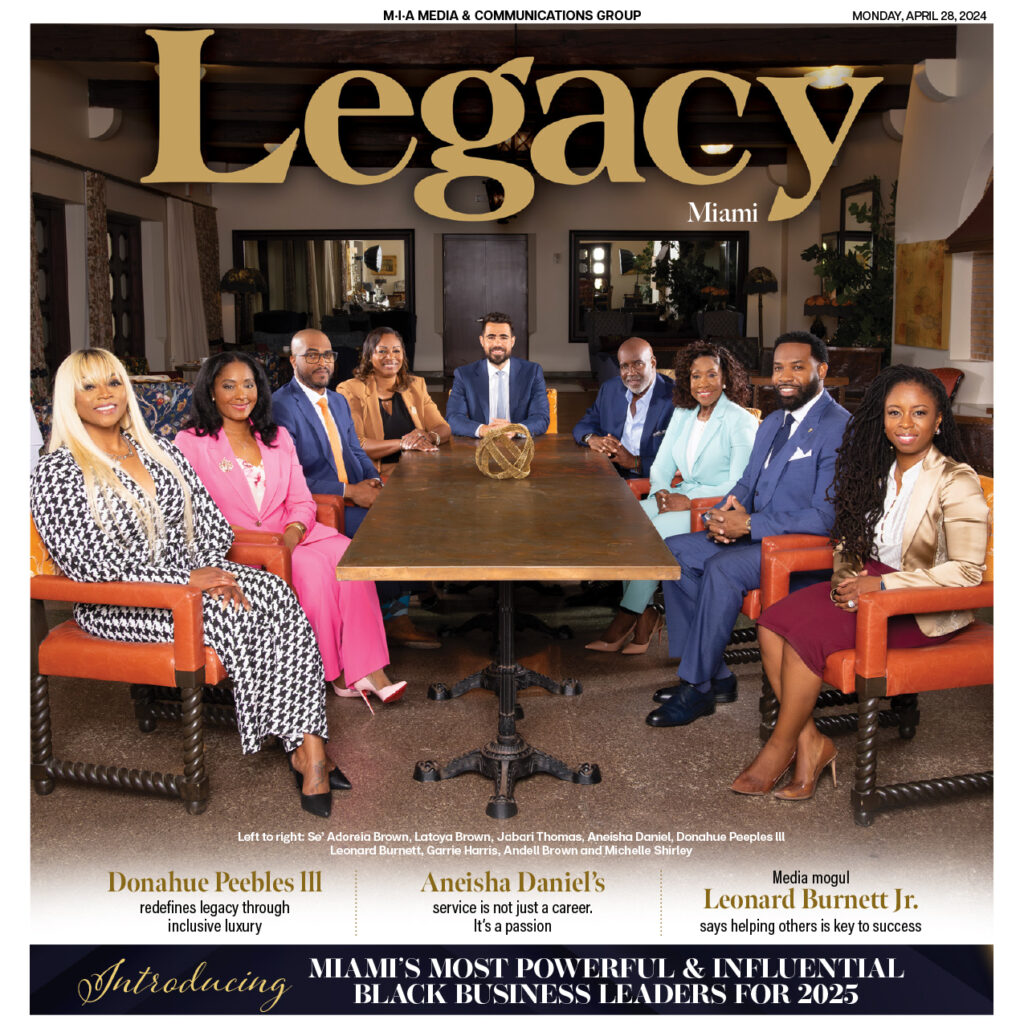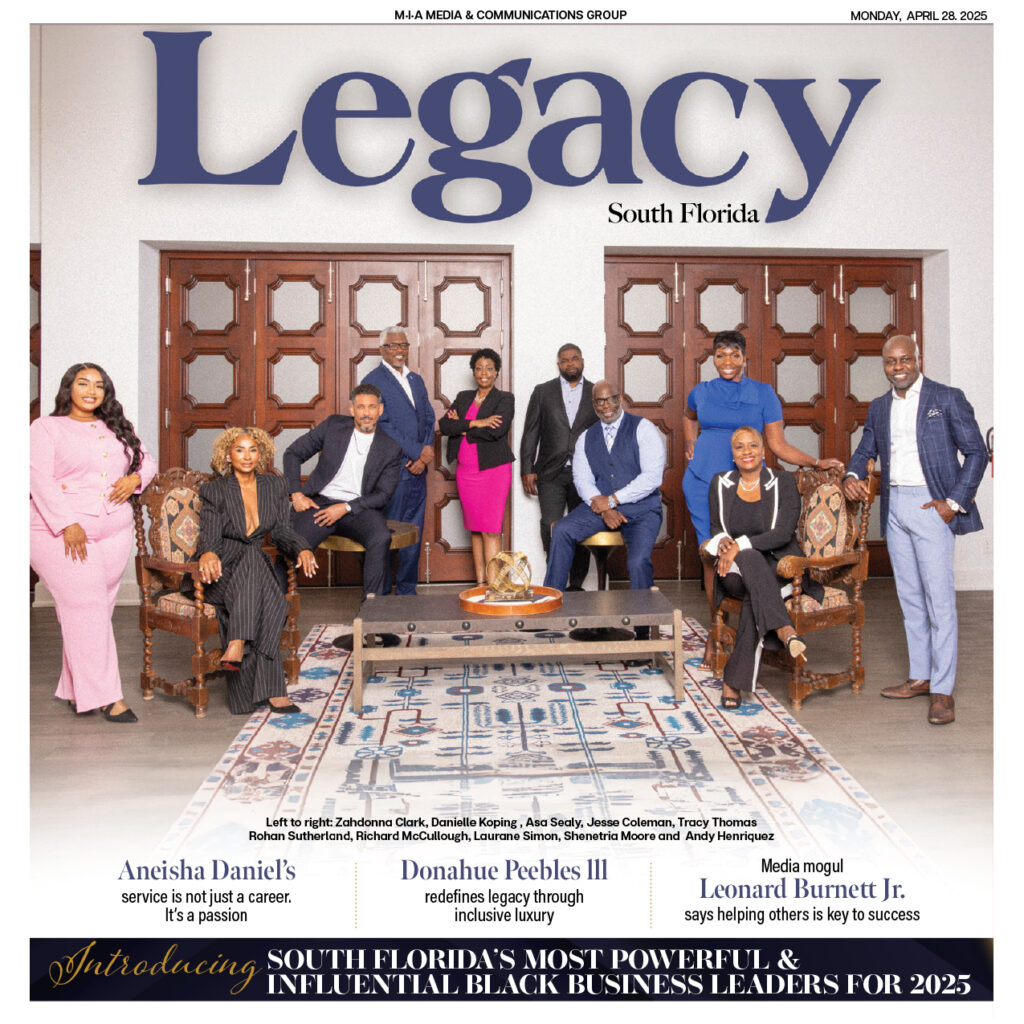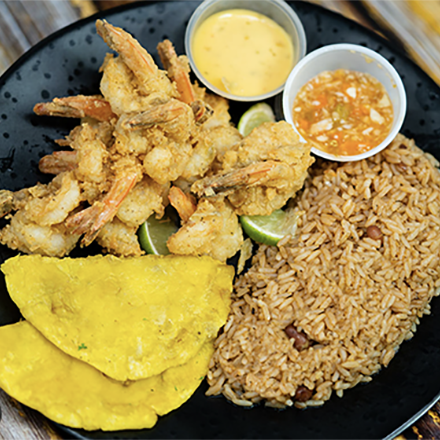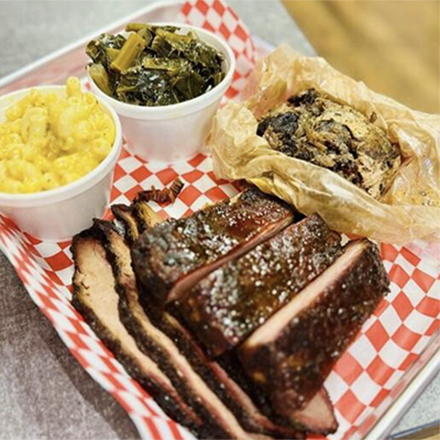
ABFF Celebrates the Cultural Impact of Love Jones with Nia Long and Larenz Tate
It seems we can't find what you're looking for.

M•I•A American Black Film Festival (ABFF) Articles
It seems we can't find what you're looking for.
Introducing M•I•A Magazine’s inaugural Best Dressed 2025
Style, especially in Miami, has always been more than surface- its culture, confidence, and charisma woven into each look, a bold display of one’s personal brand. With that spirit in mind, M•I•A magazine proudly debuts its first-ever Best Dressed feature, showcasing four of the city’s most impeccably styled tastemakers and trendsetters. These are the visionaries and leaders who make an impact not only in the communities they serve but in any room they enter with style and ease. As fashion legend Naomi Cambell once said, “Fashion is not about clothes. It’s about self-expression and storytelling.” Our honorees tell their stories through their bold and unique approach to fashion and branding that reflects who they are and the city they represent. M•I•A’s inaugural Best Dressed is more than just a celebration of fashion — it is a celebration of creativity, culture, and class.
It seems we can't find what you're looking for.
Legacy Miami, South Florida & M•I•A Magazine Archives
TRENDING
WHERE ARE THEY NOW
OP-ED
MY MONEY YOUR MONEY
COMMUNITY CONNECT
ASK OUR EXPERTS
Click below to ask one of our experts a question about finance, health, business or even love....
Upcoming EVENTS
Click below to view upcoming events in Miami-Dade, Broward and Palm Beach Counties!
ABOUT TOWN
Legacy featured events throughout Miami, Fort Lauderdale and West Palm Beach
Legacy Miami Articles
South Florida Power Couples
It seems we can't find what you're looking for.
Legacy South Florida Articles
It seems we can't find what you're looking for.
Local News
It seems we can't find what you're looking for.
National & World News
It seems we can't find what you're looking for.
Health
It seems we can't find what you're looking for.
Arts & Entertainment
It seems we can't find what you're looking for.
Black Owned Hotels & Restaurants
Here are some featured Black Owned Restaurants in South Florida

Sign Up For Our Newsletters!
Weekly Success Profiles, Calendar Events, About Town/Feature Friday & Updates on Legacy and M•I•A Magazine’s & Video Broadcast Shows From M•I•A MEDIA GROUP, LLC!
